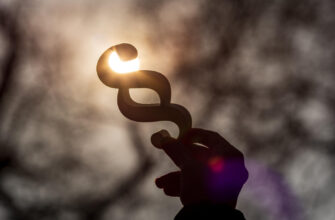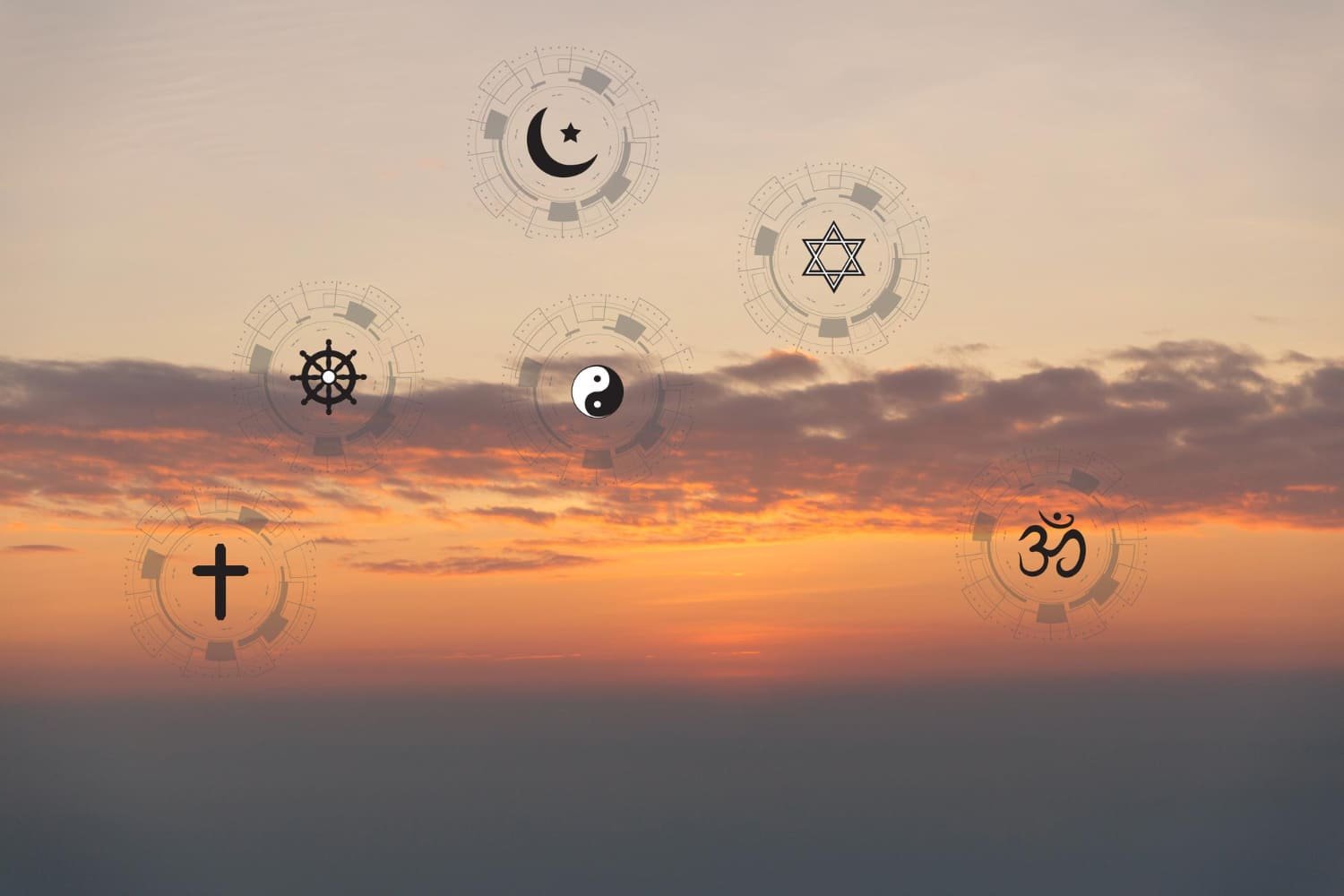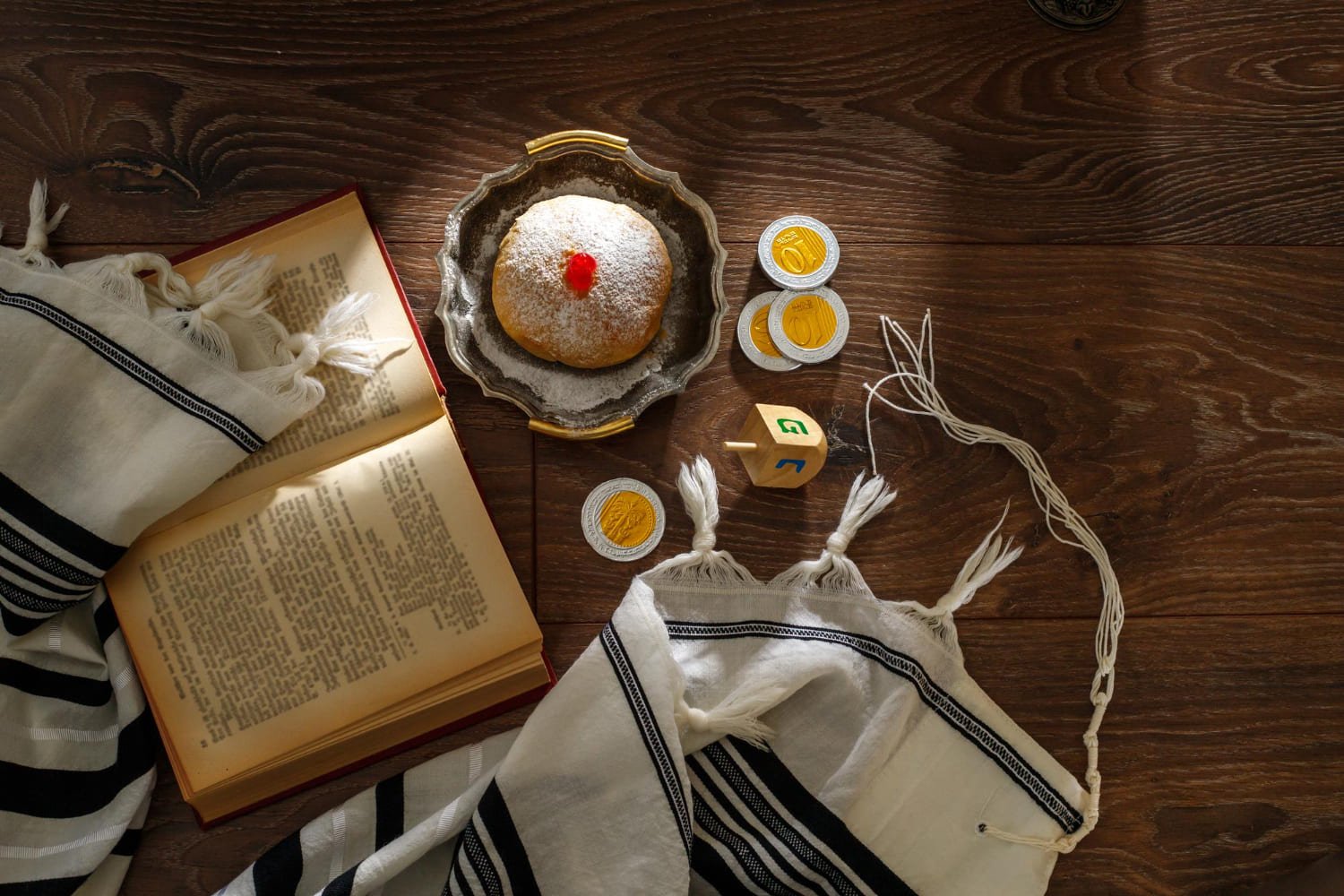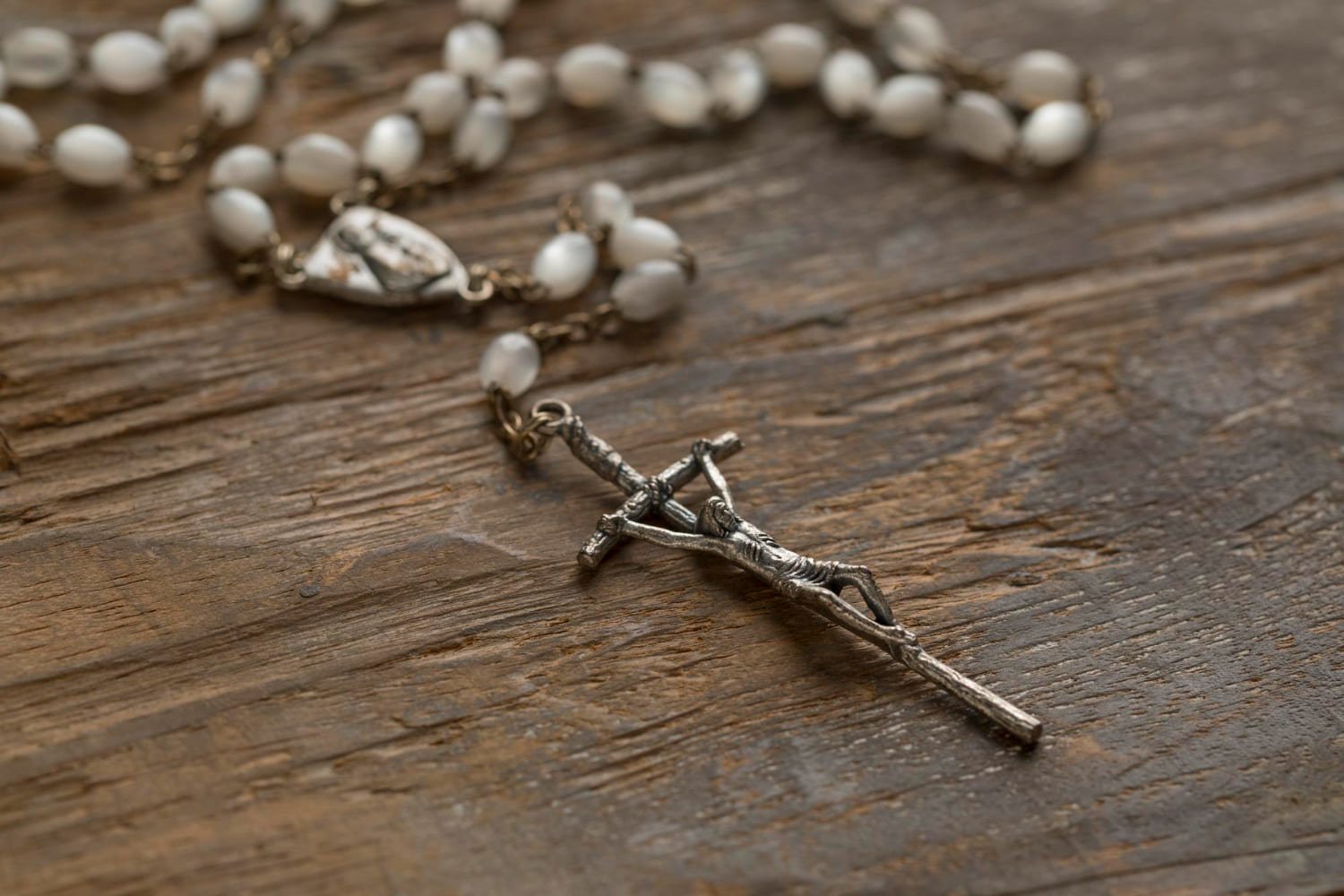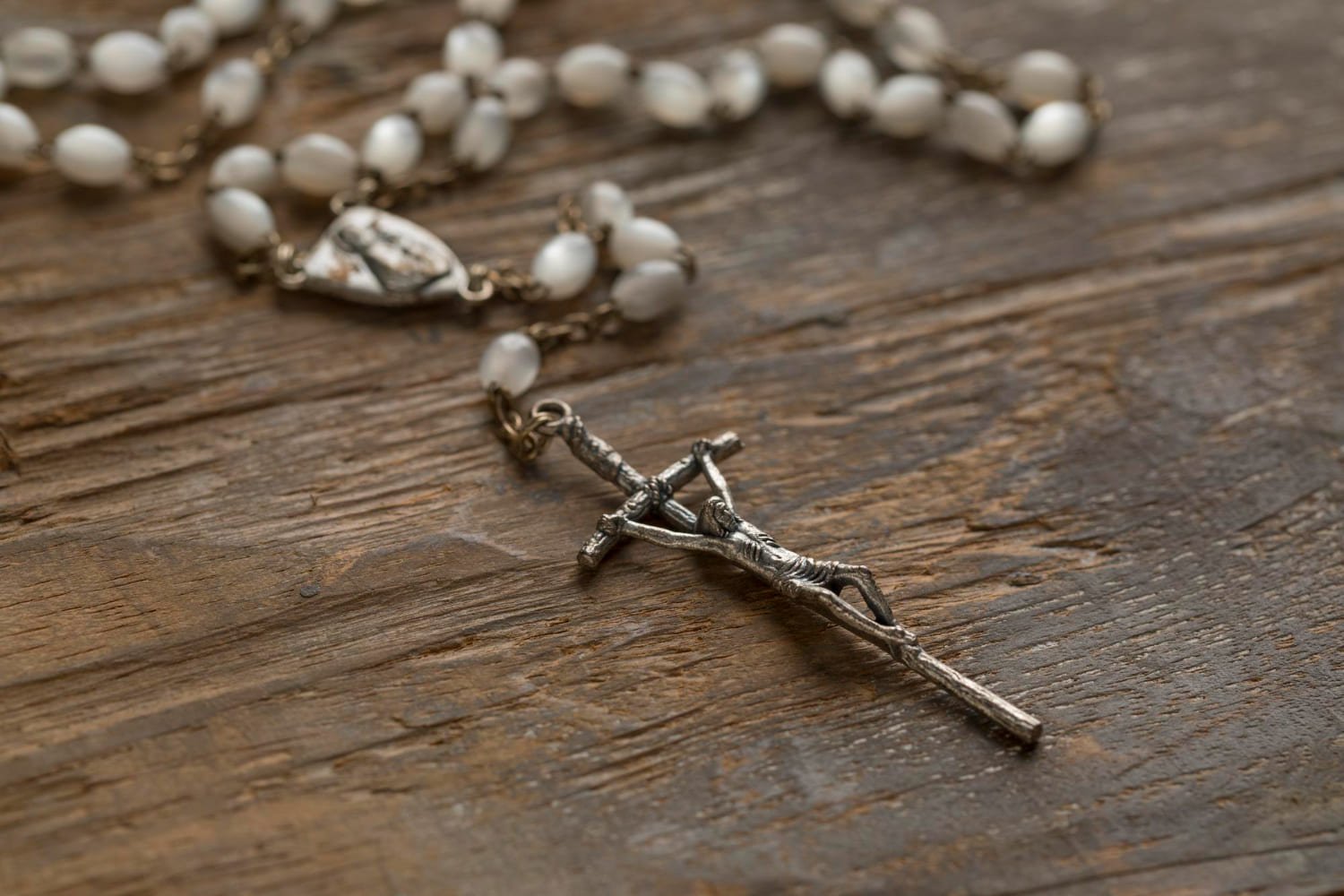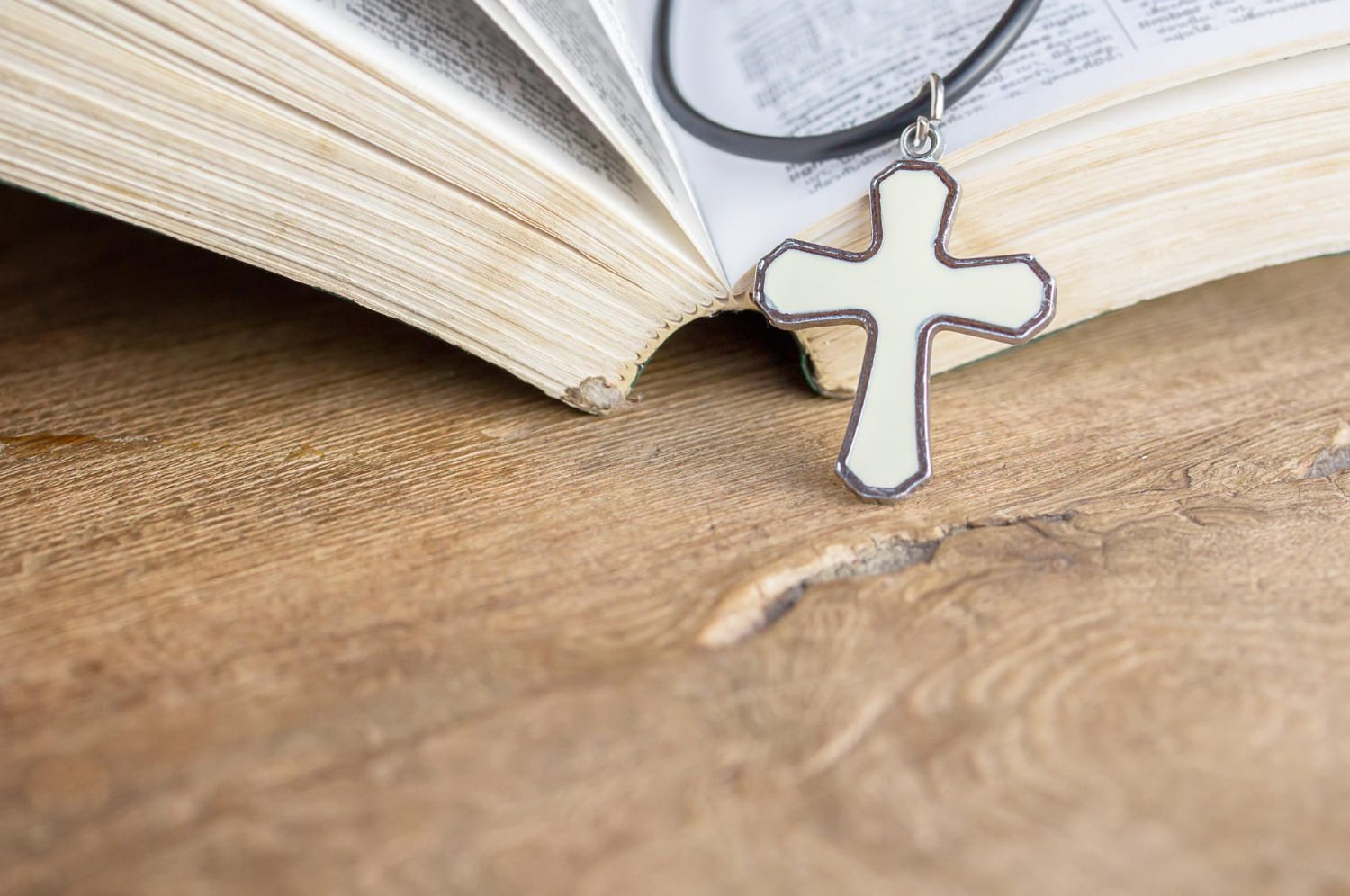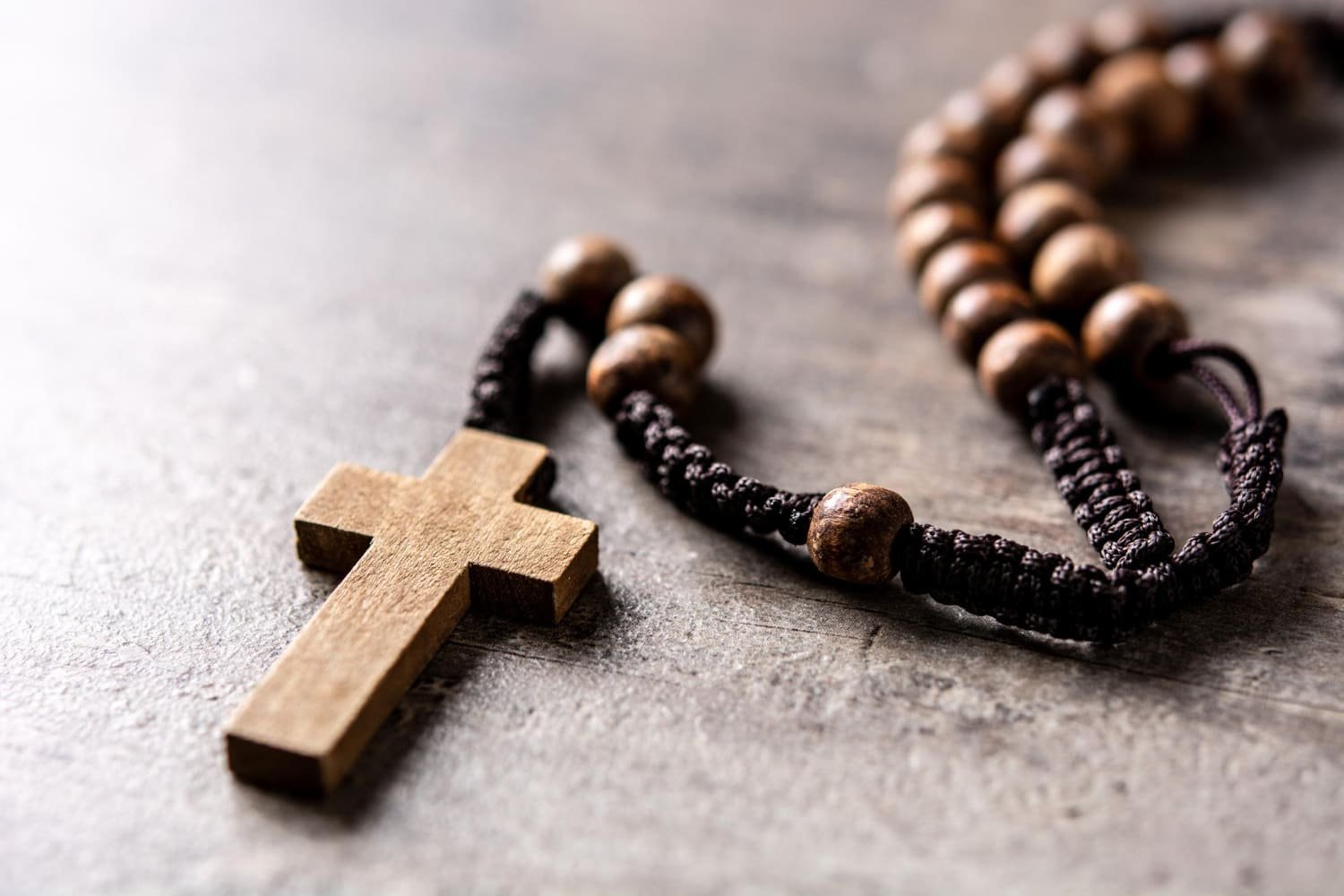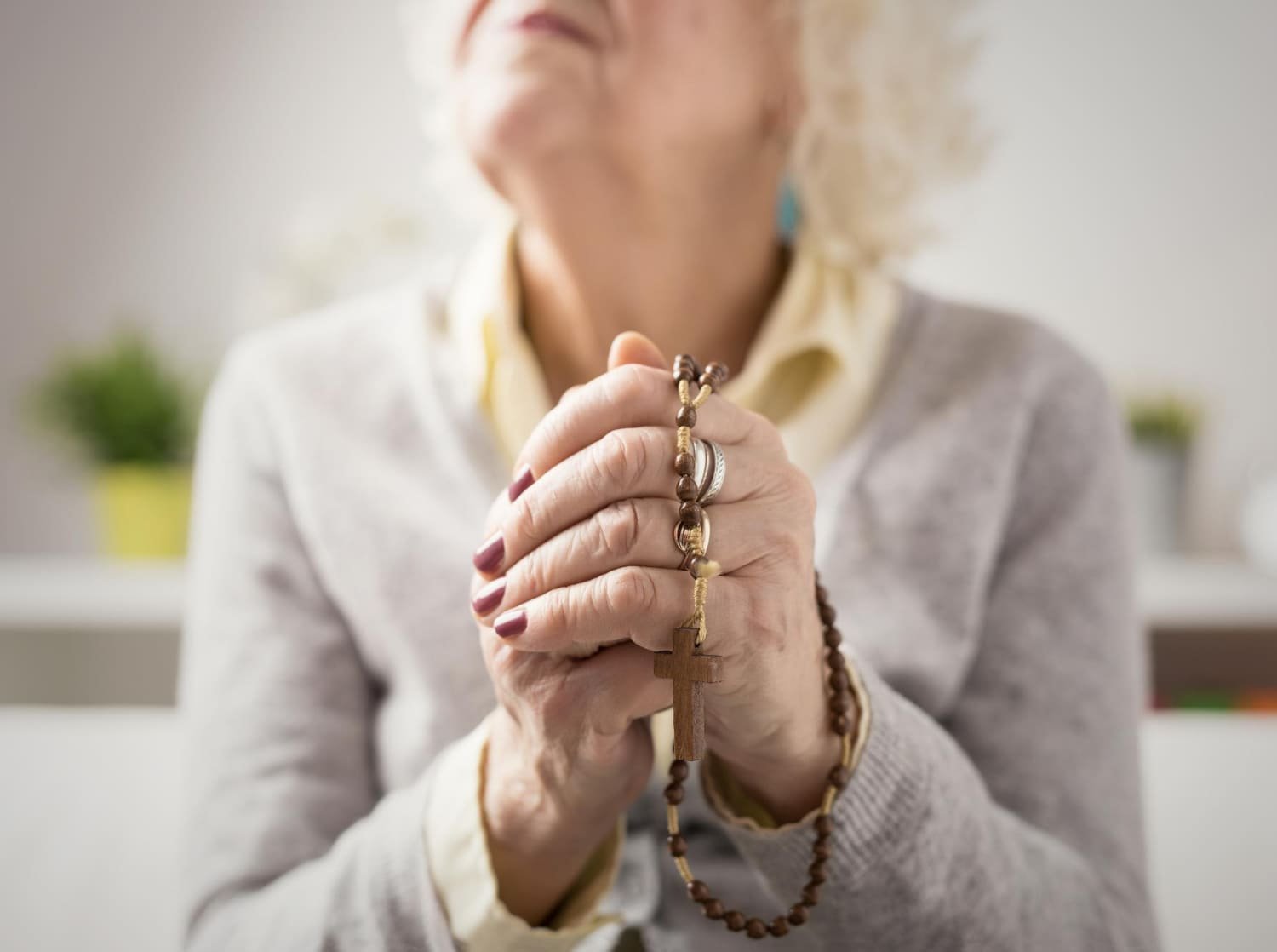Catholicism and Islam are two of the world’s largest and most influential religions. Both religions have rich histories, traditions, and beliefs that have shaped the world we live in today.
While there are some similarities between the two religions, there are also many differences that set them apart.
One of the most significant differences between Catholicism and Islam is their views on God.
Catholics believe in the Holy Trinity, which is the belief in one God in three persons: the Father, the Son, and the Holy Spirit. In contrast, Muslims believe in one God, Allah, who is considered to be the one and only God.
Another major difference between the two religions is their beliefs about Jesus. Catholics believe that Jesus is the Son of God and the savior of the world, while Muslims see Jesus as a prophet and messenger of God.
These differences, among others, have led to a long-standing debate about which religion is better. In this article, we will explore the differences between Catholicism and Islam and provide an objective analysis of both religions.
Beliefs and Practices of Catholicism
Catholicism is a branch of Christianity that believes in the Holy Trinity, consisting of God the Father, God the Son (Jesus Christ), and God the Holy Spirit. Catholics believe in the Bible as the word of God, and the teachings of the Catholic Church as the authoritative interpretation of the Bible.
Central to Catholic beliefs is the concept of salvation through faith and good works. Catholics believe that salvation is achieved through faith in Jesus Christ, but also through good works and adherence to the teachings of the Church.
Catholics also believe in the sacraments, which are considered to be channels of God’s grace, including baptism, confirmation, Eucharist, penance, anointing of the sick, holy orders, and marriage.
The Catholic Church is led by the Pope, who is considered to be the successor of Saint Peter, the first Bishop of Rome. The Pope is believed to be the spiritual leader of the Catholic Church, and his teachings are considered to be infallible when speaking on matters of faith and morals.
In terms of practices, Catholics attend Mass on Sundays and holy days of obligation, where they participate in the celebration of the Eucharist. Catholics also engage in personal prayer, confession, and acts of charity and service to others.
Overall, Catholicism places a strong emphasis on tradition, community, and the spiritual authority of the Church. While there are differences between Catholicism and other branches of Christianity, as well as other religions such as Islam, it is important to approach these differences with respect and an open mind.
Beliefs and Practices of Islam
Islam is a monotheistic religion that believes in one God, Allah. Muslims believe that Allah is the only God and that Muhammad is his prophet.
The teachings of Islam are based on the Quran, which is considered to be the word of God as revealed to Muhammad.
One of the key beliefs of Islam is the concept of the Five Pillars. These are the basic acts of worship that every Muslim must perform.
The Five Pillars are:
- Shahada: The declaration of faith
- Salah: Prayer five times a day
- Zakat: Giving to charity
- Sawm: Fasting during the month of Ramadan
- Hajj: Pilgrimage to Mecca at least once in a lifetime
Another important belief in Islam is the Day of Judgment. Muslims believe that after death, they will be judged by Allah for their deeds in life. Those who have lived a good life will be rewarded with paradise, while those who have lived a bad life will be punished in hell.
Islam also places great importance on family values and social justice. Muslims are encouraged to be kind to their families, help those in need, and to treat others with respect and compassion.
In addition, Islam prohibits the consumption of alcohol and pork, and promotes modesty in dress and behavior.
Comparison of Catholicism and Islam
Catholicism and Islam are two of the world’s largest religions, with billions of followers worldwide. Despite some similarities, there are many differences between the two religions in terms of beliefs, practices, and values. Here are some of the key differences:
Beliefs
Catholicism is a branch of Christianity, and as such, it shares many of the same beliefs as other Christian denominations. Catholics believe in the Holy Trinity (Father, Son, and Holy Spirit), the divinity of Jesus Christ, and the importance of the Bible as the word of God.
They also believe in the existence of heaven and hell, and the resurrection of the dead.
Islam, on the other hand, is based on the teachings of the Prophet Muhammad, who Muslims believe received revelations from God.
Muslims believe in one God (Allah), the importance of prayer, and the existence of angels and prophets. They also believe in the Day of Judgment, when all souls will be judged based on their deeds.
Practices
Both Catholicism and Islam have specific practices and rituals that are important to their faith. Catholics attend Mass on Sundays and holy days of obligation, where they participate in the Eucharist (communion) and receive the sacraments.
They also pray the Rosary, which involves reciting prayers and meditating on the life of Jesus and Mary.
Muslims pray five times a day, facing Mecca, and participate in the fasting month of Ramadan, where they abstain from food and drink during daylight hours. They also give to charity (zakat) and perform the pilgrimage to Mecca (hajj) at least once in their lifetime if they are able.
Values
Catholicism and Islam have different values and priorities. Catholics place a strong emphasis on the value of life, and are opposed to abortion and euthanasia. They also believe in the importance of social justice, charity, and caring for the poor and marginalized.
Islam places a strong emphasis on the importance of family and community, and the value of obedience to God. Muslims are also encouraged to give to charity and to be kind and merciful to others.
Overall, while there are similarities between Catholicism and Islam, there are also many differences in terms of beliefs, practices, and values. Each religion has its own unique perspective on the world and its place in it.
Which One Is Better?
It is not appropriate to compare religions and declare one better than the other. Both Catholicism and Islam have their unique beliefs, practices, and traditions that are important to their followers. The choice of religion is a personal decision that depends on individual beliefs, values, and experiences.
Some people may find Catholicism better because of its emphasis on the sacraments, including baptism, confession, and the Eucharist. These sacraments are believed to bring grace and spiritual nourishment to the believers. In addition, Catholicism has a rich history, art, and culture that attract many people.
On the other hand, some people may prefer Islam because of its strong emphasis on monotheism, social justice, and community. Islam teaches that there is only one God, Allah, who is merciful and just.
Muslims are encouraged to help the poor, the sick, and the needy, and to establish a just society based on the principles of equality and compassion.
Ultimately, the choice of religion depends on various factors such as upbringing, education, exposure, and personal experiences. It is important to respect and appreciate the diversity of religions and to seek common ground and understanding.
Conclusion
As this article has shown, there are many differences between Catholicism and Islam. While both religions share some similarities, such as belief in one God and respect for prophets, they differ greatly in their views on Jesus, the role of the church, and religious practices.
It is important to note that neither religion is inherently better than the other. Each has its own strengths and weaknesses, and ultimately, it is up to the individual to decide which religion resonates with them the most.
While some may argue that one religion is more peaceful or tolerant than the other, it is important to remember that extremism and intolerance exist in all religions and should not be used to judge the religion as a whole.
Ultimately, the decision to follow Catholicism or Islam (or any other religion) is a personal one that should be made after careful consideration and reflection. It is important to approach these decisions with an open mind and a willingness to learn and understand different perspectives.
